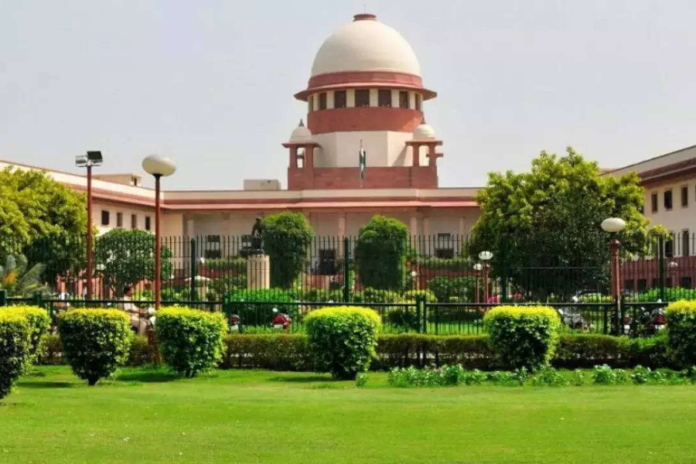The Citizenship Amendment Act, or CAA, was put into effect on Tuesday afternoon, but the Supreme Court declined to halt it. In addition, the government was granted three weeks by the court to reply to 237 petitions that contested the law that was announced just a few days prior to the Lok Sabha election, on April 8.
Furthermore, senior attorneys Kapil Sibal and Indira Jaising requested that the petitioners be allowed to proceed if citizenship is awarded to any anyone before that date, but Solicitor-General Tushar Mehta (for the government) stated, “I am not making any statement.”
Earlier, Mehta had asked for four weeks to reply to the petitions.
“We will need to provide a thorough merits-based affidavit in response to 237 applications. There are already 20 submitted interim applications, and there are many more in the works,” he told the Supreme Court.
Also Read: Know how to register as Indian citizen under CAA rules
Chief Justice DY Chandrachud, Justice JB Pardiwala, and Justice Manoj Misra heard the case. The petitioners included opposition politicians Jairam Ramesh of the Congress and Mahua Moitra of the Trinamool Congress, as well as the Indian Union Muslim League, a political group with its headquarters in Kerala.
The date of this case’s subsequent hearing is April 9.
The petitioners, who did not object to the request for an extension of time, are requesting a halt to the “discriminatory” CAA’s implementation, claiming that it is discriminatory towards the Muslim population.
The petitioners urged the Supreme Court bench chaired by the Chief Justice to grant a stay of implementation of the CAA, but they informed the court that they would not oppose the government’s request for additional time to investigate the challenges.
Many challenges were filed in 2019 following Parliament’s approval of the citizenship bill.
However, as the rules had not been informed, the Supreme Court decided not to halt the implementation of the CAA. During last week’s argument, Sibal claimed that since the rules have been announced, the scenario did not apply at this time.
Non-Muslim immigrants from Bangladesh, Pakistan, and Afghanistan who are escaping religious persecution are eligible to apply for citizenship under the CAA. These three countries’ Christian, Sikh, Buddhist, Jain, Parsi, and Hindu populations are all eligible if they entered on or before December 31, 2014.
Days before a general election and four years after the law passed the Parliament have been grounds for criticism against the administration by the opposition. Ramesh had stated that the action is obviously intended to polarize the polls, particularly in West Bengal and Assam.



